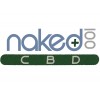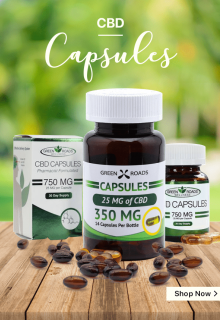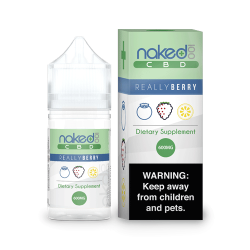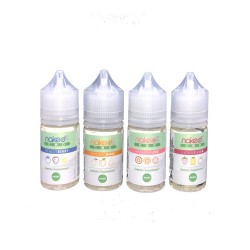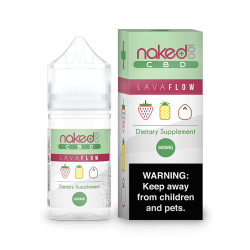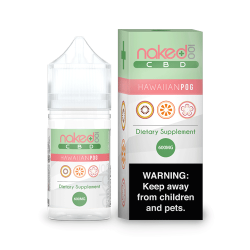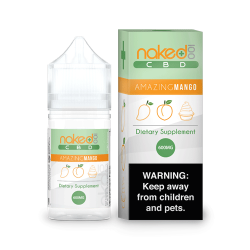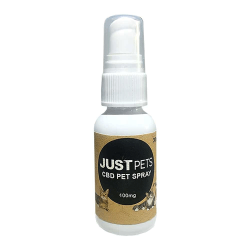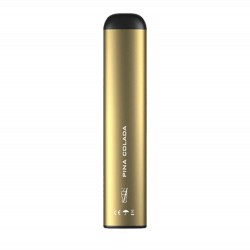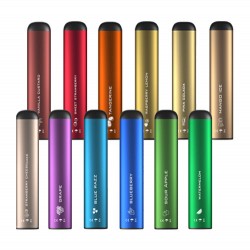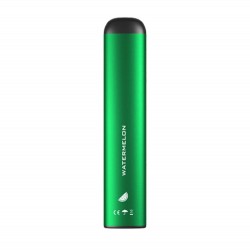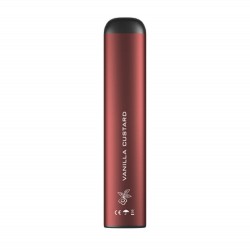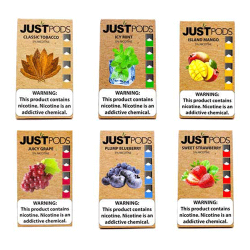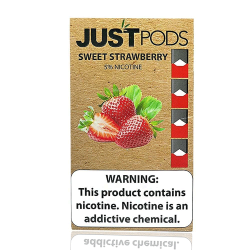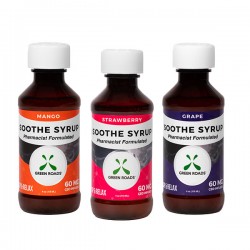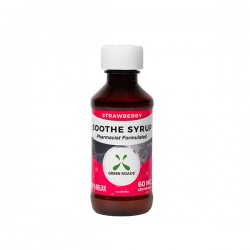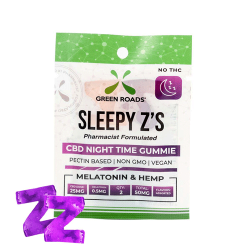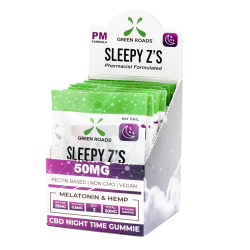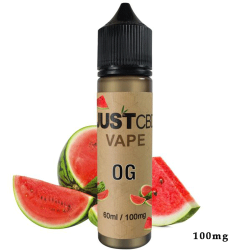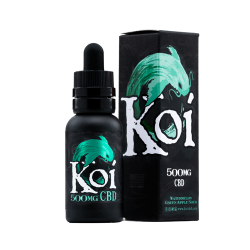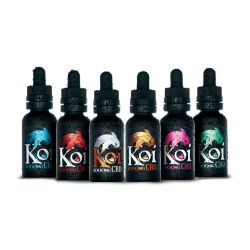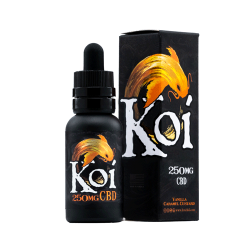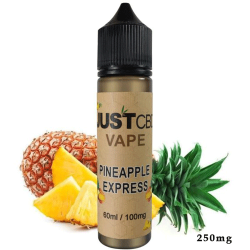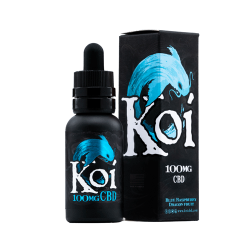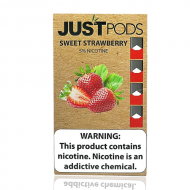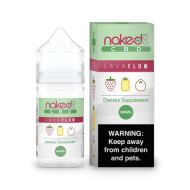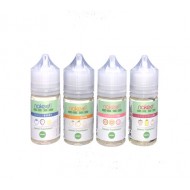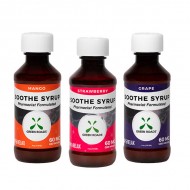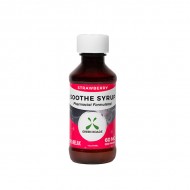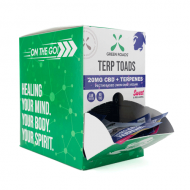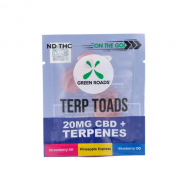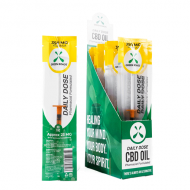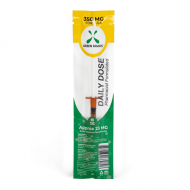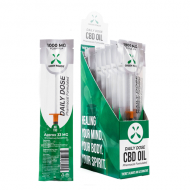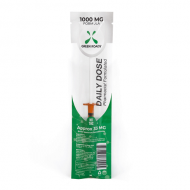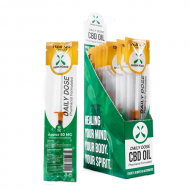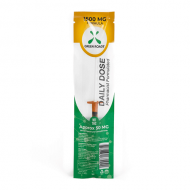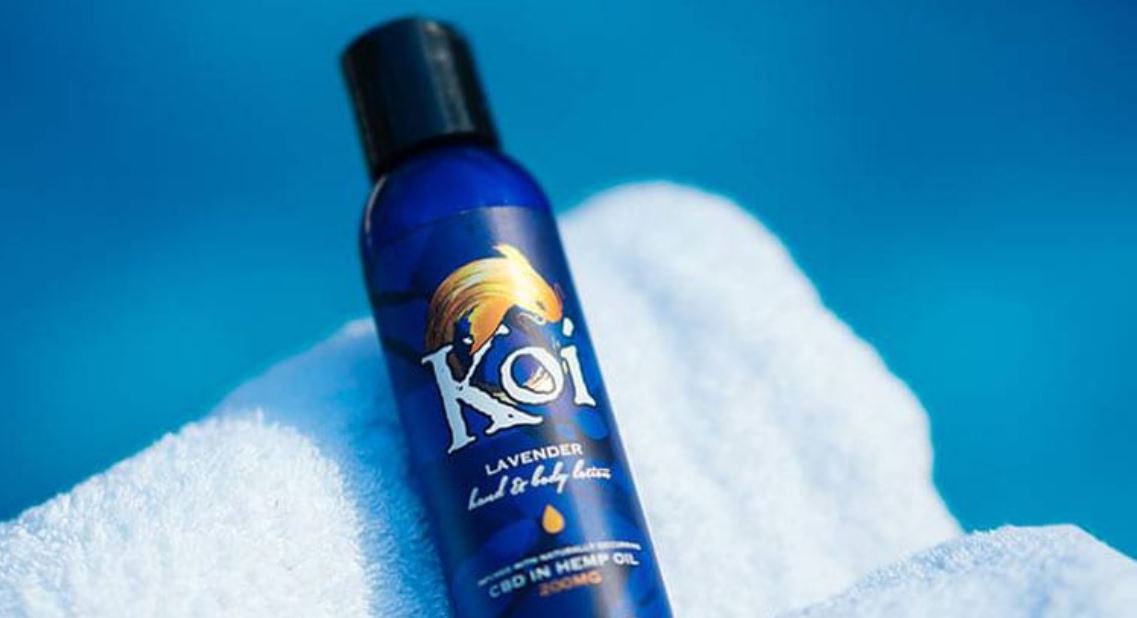
Although when in middle school your friends may have found it amusing to tell you that “your epidermis is showing,” scientists are now reconsidering skin as an emerging neuro-immuno-endocrine organ.
An excerpt from National Center for Biotechnology Information (NCBI) illustrates the excitement building amongst medical professionals:
“The abundant distribution of cannabinoid receptors on skin nerve fibers and mast cells provides implications for an anti-inflammatory, anti-nociceptive action of cannabinoid receptor agonists and suggests their putatively broad therapeutic potential.” [R]
Applying CBD lotion also comes with the sensual bonus of taking time out of your hectic schedule to caress your body with a substance that will not only moisturize your skin but provide cannabinoids directly to where you need them most.
While we certainly do not claim that CBD can cure skin conditions such as psoriasis, eczema, and other plagues of the epidermis, there are growing bodies of citable research suggesting that people with these illnesses might experience significant relief with topical CBD application. [R]
CBD LOTION ISN’T JUST FOR SKIN DISEASES!
When providing your skin cells with a direct source of cannabinoids, it is quite likely they will utilize most if not all of them (depending on your skin’s specific needs), but the remainder can enter the bloodstream and circulate throughout the body, providing a myriad of other health benefits for which CBD is lauded by doctors and hippies alike.
Clinical Endocannabinoid Deficiency (CECD) is a popular new medical concept wherein a patient is determined to not be producing enough cannabinoids inside their body. Extensive scientific research is beginning to shed light on the possibility that many illnesses that were before thought to be untreatable, may indeed simply be a result of endocannabinoid deficiency. [R]
These conditions include (but are not limited to):
- Anorexia
- Multiple Sclerosis
- Fibromyalgia
- Irritable Bowel Syndrome
- Depression
- Chronic Pain
- Post-Traumatic Stress Disorder
- Parkinson’s
- Huntington’s
- Motion Sickness
- Autism
The limelight has been on neurotransmitters such as serotonin, dopamine, GABA, and glutamate for quite some time – but given the complexity of the human organism, it’s no surprise we have stumbled onto an entirely new set of chemical messengers that may be just as important.
USE CBD LOTION TO AMELIORATE CLINICAL ENDOCANNABINOID DEFICIENCY
Scientists currently believe that supplementing the body with cannabinoids (such as those in Koi CBD Lotion) boost levels of endogenous cannabinoids (such as anandamide) by competing with a transport protein known as Fatty Acid Binding Protein (FABP). In doing so, the theory is that CBD helps to reduce the break down of anandamide.
Anandamide has a very short half-life of only five minutes, indicating that an increase in the presence of this endocannabinoid in the body (even slightly) may have significant benefits for health.
Just look at the name – anandamide (‘ananda’ is Sanskrit for ‘bliss’). It has been fittingly dubbed ‘the bliss molecule,’ as it has a hand in everything from sex and appetite to pleasure and mood. Many experts call anandamide the human body’s equivalent of THC.
CBD LOTION BENEFITS EVERYONE!
So, as you can see, there are many reasons to try CBD lotion. The most obvious candidates are people with uncomfortable skin conditions that affect day to day life, but there are many close runner-ups. Individuals who choose not to smoke or vape, or those who enjoy the idea of added cannabinoids as a convenient part of their established daily self-care regimen are good examples.
The excellent thing about CBD Lotion is that in addition to being laboratory tested for purity, it contains botanicals like aloe vera, jojoba, coconut oil, witch hazel, neem, and others that have stood the test of time for promoting optimum skin health. Do your largest organ a favor and order CBD Lotion today!
References:
https://www.ncbi.nlm.nih.gov/pubmed/15927811
https://www.ncbi.nlm.nih.gov/pmc/articles/PMC2757311/





